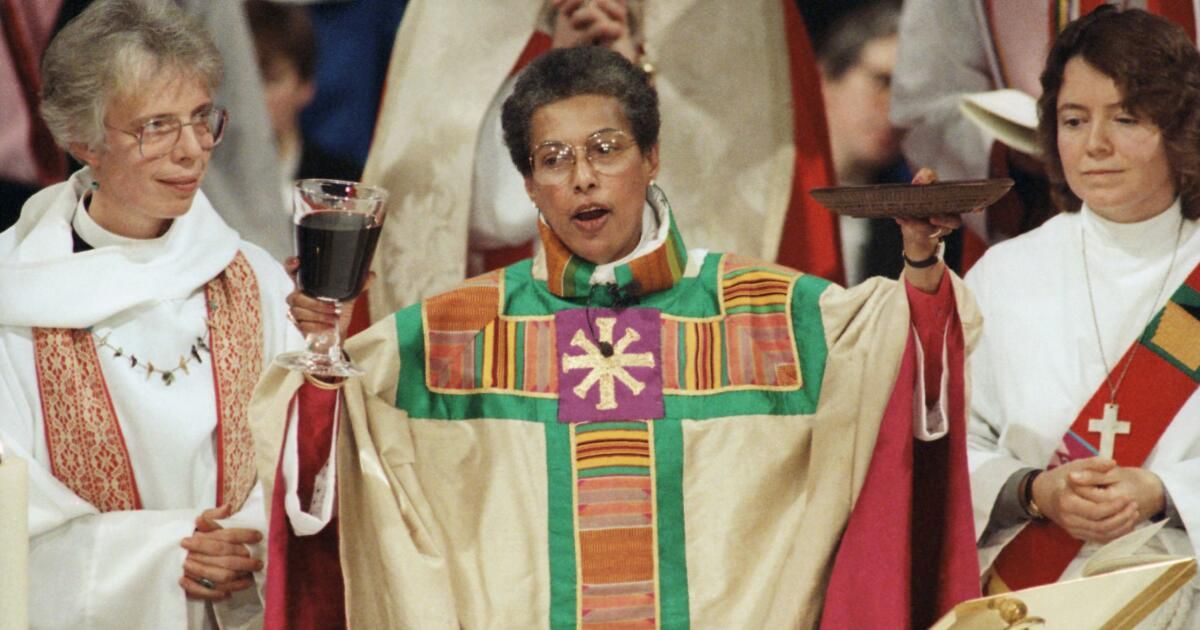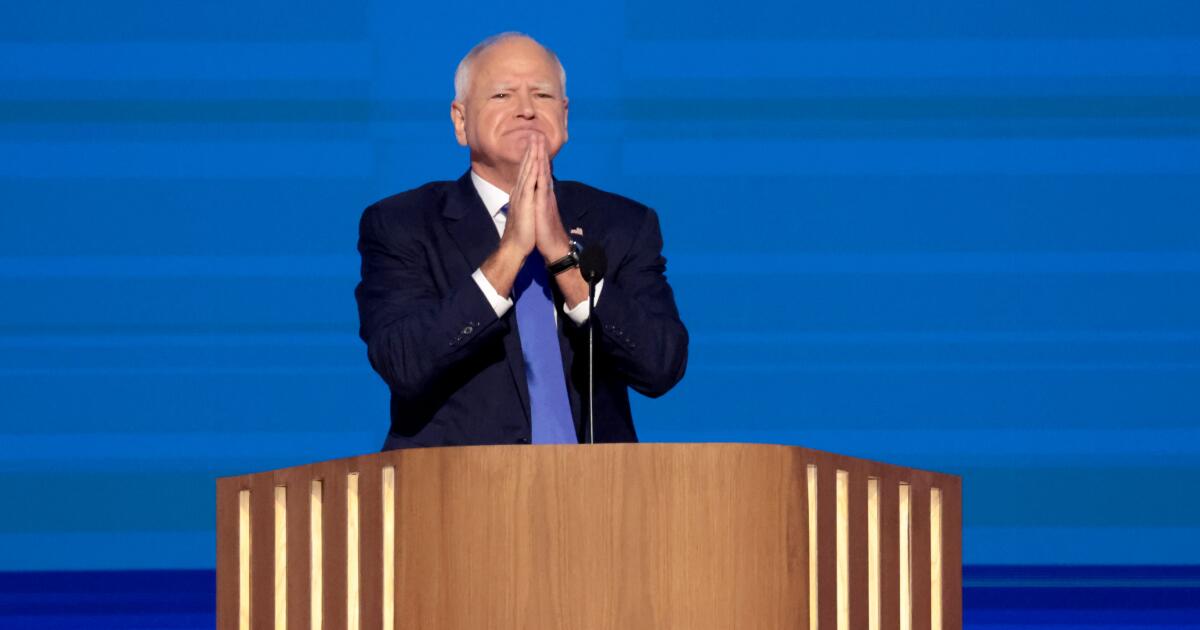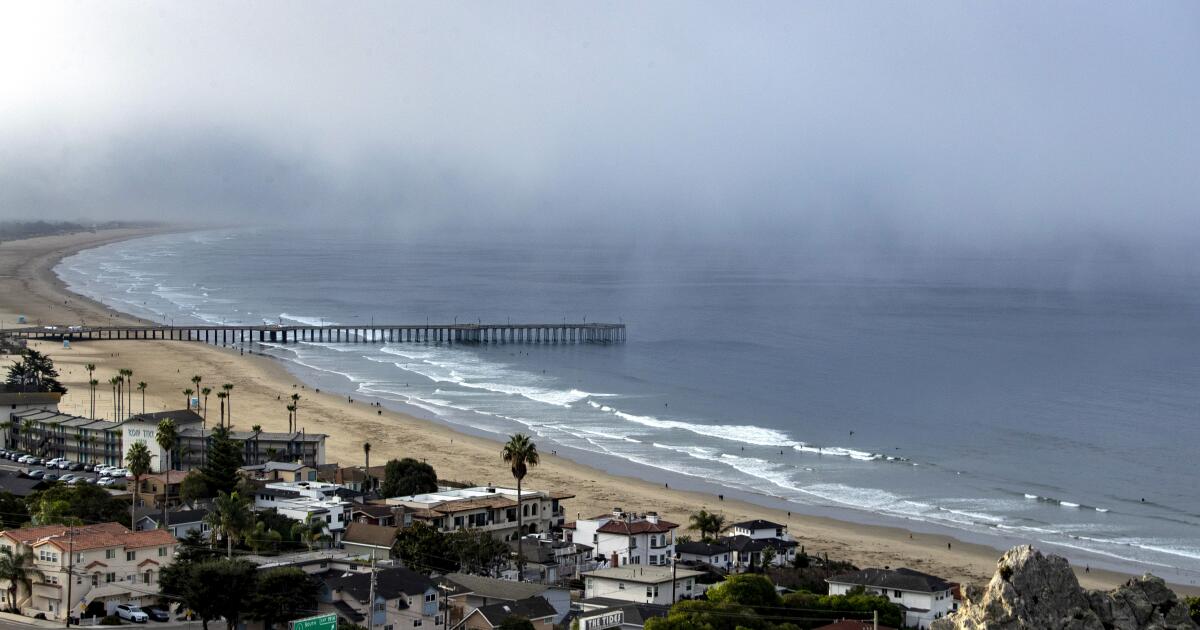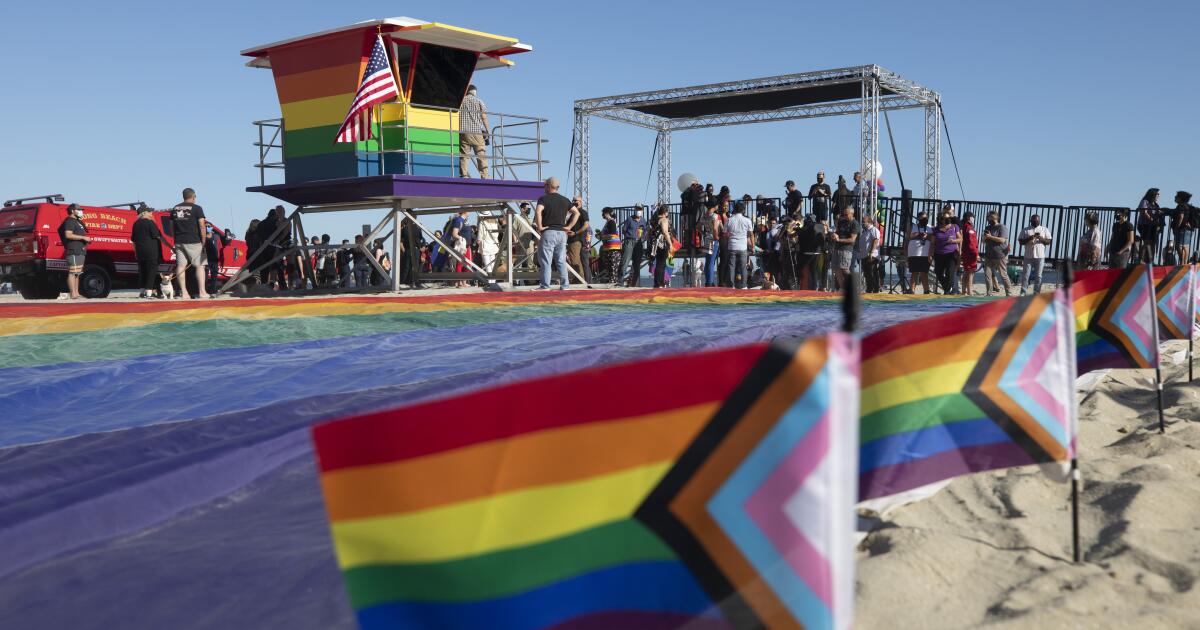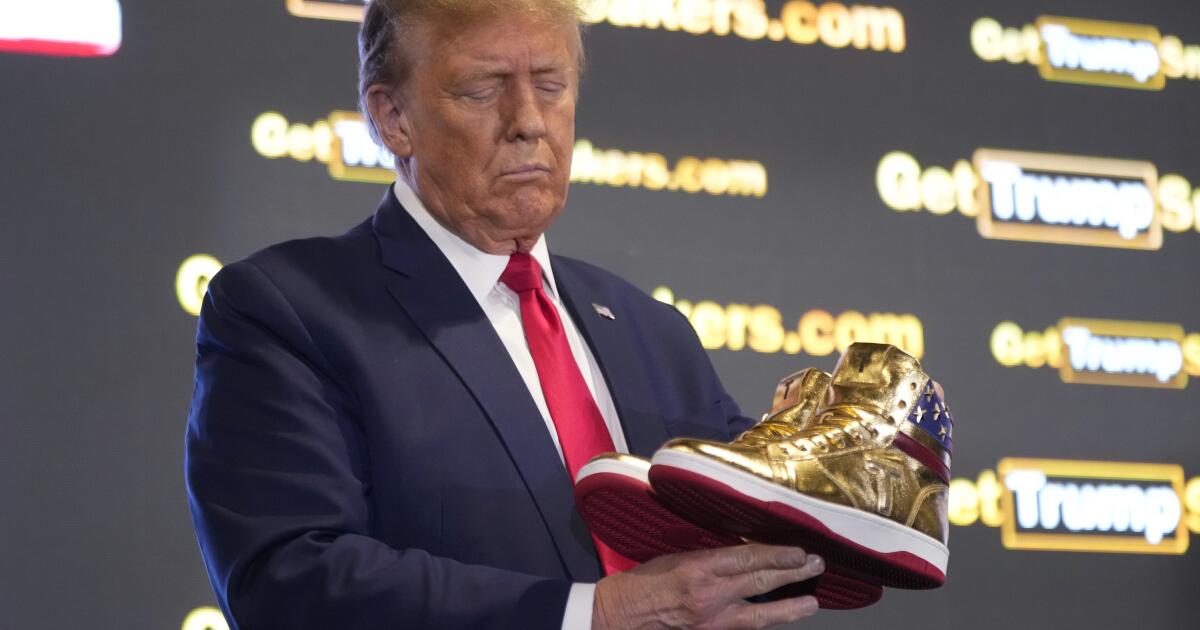This week marks the 50th anniversary of the ordination of 11 women priests in the Episcopal Church, and some commentators cite the milestone as the beginning of the denomination's decline.
As an Episcopal priest and student of American religious history, I strongly disagree.
On July 29, 1974, amid threats of violence, three bishops ordained 11 deacons as priests at the Church of the Defender in Philadelphia. The act was brazen and, according to the canons of the Episcopal Church, illegal.
At the denomination’s 1970 General Convention, women were given seats in the House of Deputies for the first time, and until then had been ordained as “deaconesses” to distinguish them from male deacons. That year’s convention eliminated the distinction, raising hopes that at the next meeting three years later, the convention would approve the ordination of women to the priesthood.
However, the 1973 General Convention refused to allow women to be ordained. “Grace is channeled through men,” thundered one priest.
Yet, to paraphrase Mitch McConnell, they persisted.
Strategists decided that more than one woman should be ordained and that more than one bishop should preside over the church: Protection is in numbers. Consultations were sent to 14 female deacons. Those who agreed to the plan, one recalled in a remarkable new documentary, “The Philadelphia Eleven,” “were not the same in any sense. Conservative, liberal, progressive, radical and borderline.”
The Church of the Advocate was chosen as the venue because of the prophetic voice of Paul Washington, its African-American rector, or senior pastor. When news of the impending ceremony was leaked to the press, participants faced threats of violence. Police were deployed outside the church.
The ordinations took place in an atmosphere of joyous celebration. Barbara Harris, who 15 years later would become the first female bishop of the Episcopal Church, took part in the ceremony.
The reactions were swift and decisive. Church leaders were summoned to an emergency meeting at a central meeting place, Chicago's O'Hare Airport. Predictably, they declared the ordinations invalid. Many women also objected. “It's just a role a woman can't play,” said one. “I'd love to see them disappear,” said one man, who referred to the “priestesses” as “11 little black girls.”
The first time women officiated at Communion took place not in an Episcopal church but at the interdenominational Riverside Church in New York City in October 1974. The road to acceptance was long and winding. Pastors who invited women to celebrate Mass in their parishes put their own livelihoods at risk. “Your career is over,” they told Peter Beebe, then rector of a church in Oberlin, Ohio.
Beebe, however, invoked the civil disobedience of the civil rights movement and denounced hypocrisy, especially toward a bishop who had marched with Martin Luther King Jr. in Selma. “How dare you preach to this country…?” Beebe told him, “and not to your own institution?”
Not even the vote at the 1976 General Convention to validate women’s ordination put an end to the backlash. One of the most fascinating clips from “The Philadelphia Eleven” comes from William F. Buckley’s television show “Firing Line.” Buckley, usually intelligent and articulate, could also be a sycophant, and the clip captures the latter as he sets up a trap for his Episcopal guests, a layman and a bishop, both opposed to women’s ordination.
“The idea that women’s ordination should be highly offensive requires a little explanation,” Buckley began, emphasizing the words “highly” and “offensive.”
“We seem to have lost our footholds, we have lost our standards,” the unnamed lay guest responded. “We no longer have any sense of authority.” The bishop replied that the problem was both theological and moral. “It is not just about the ordination of women; it is about the complete breakdown of all moral standards within the life of the Church.”
None of the guests were asked to explain how women's ordination compromised moral standards.
The Episcopal Church was not the first American denomination to ordain women (there is a long history of female ministers in the United States dating back to the 19th century), but the battle a half-century ago was important because of the church's cultural prominence.
It is worth noting that Southern Baptists changed their stance on women’s ordination after conservatives took power in 1979. To this day, the largest Protestant denomination in the United States remains as steadfast as Roman Catholics in its refusal to ordain women. As Jimmy Carter, a Southern Baptist, has noted, it is easy to cherry-pick New Testament passages and take them out of context to justify the subordination of women, but that misses the bigger picture.
The Philadelphia ordinations changed the Episcopal Church. Many congregations left the denomination, and the historian in me is quick to point out that this may be only the second major case in American religious history in which a religious group chose to effectively reduce its numbers in obedience to the mandates of the gospel. (The other was the reformation of Quakerism in Pennsylvania in the 18th century to reclaim its pacifism.)
The uproar surrounding women's ordination, however, prepared the Episcopal Church to weather the storms surrounding the ordination of gay priests and the consecration of a gay man, Gene Robinson, as bishop of New Hampshire in 2003.
Have the numbers declined? Yes, certainly, but that trend began in the mid-1960s and is common to all “traditional” denominations or, as I prefer, “brand name” churches: Methodists, Congregationalists, Presbyterians, Disciples of Christ, Lutherans and Episcopalians.
But “success” must be measured in terms of faithfulness, not numbers. Jesus, the founder of our faith, was never condescending toward women, even in the patriarchal context of first-century Palestine, and St. Paul, Christianity’s first apologist, declared that in Christ there is no distinction between Jew or Greek, slave or free, male or female.
It is not radical to point out that institutions are human creations and therefore flawed, but institutions also tend to endure, and I have no doubt that the Episcopal Church will survive and be better for having welcomed women into the priesthood.
Randall Balmer, an Episcopal priest, teaches religion at Dartmouth College.

